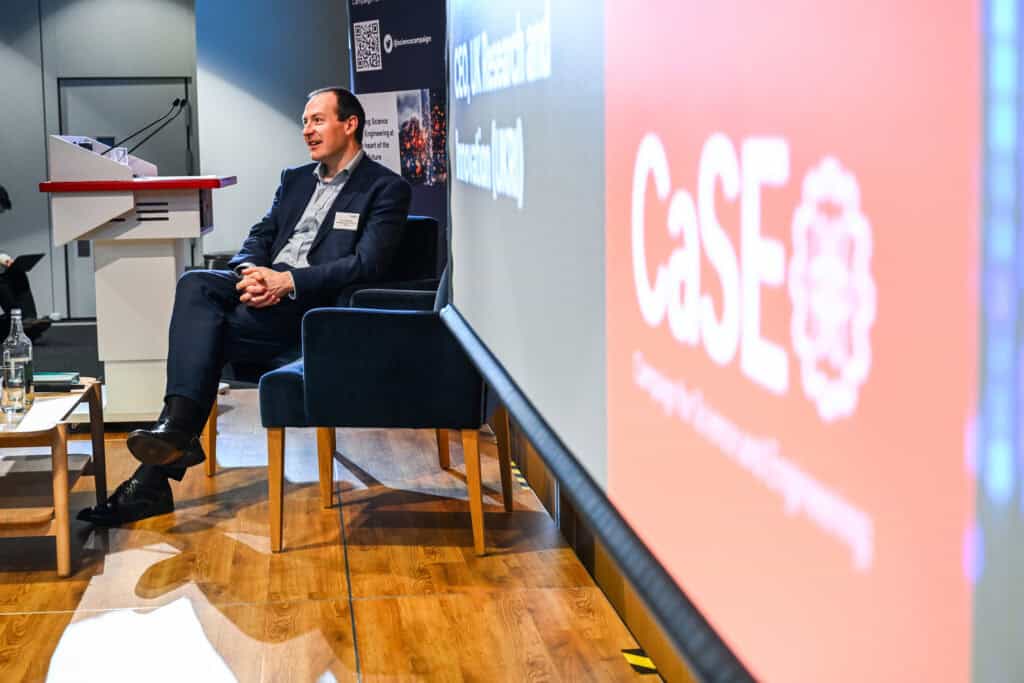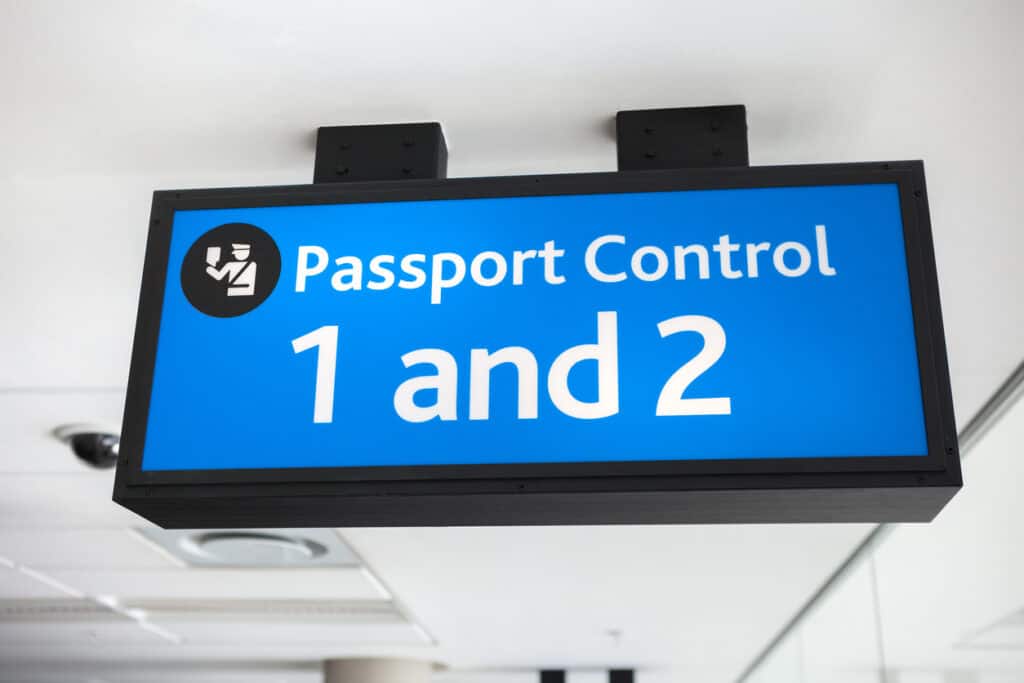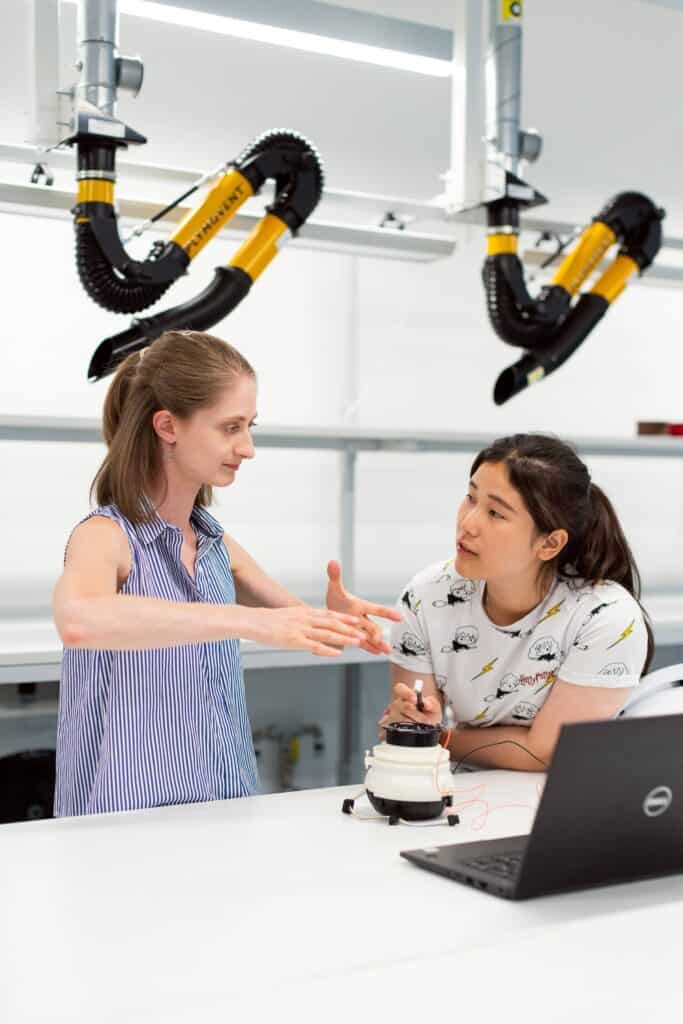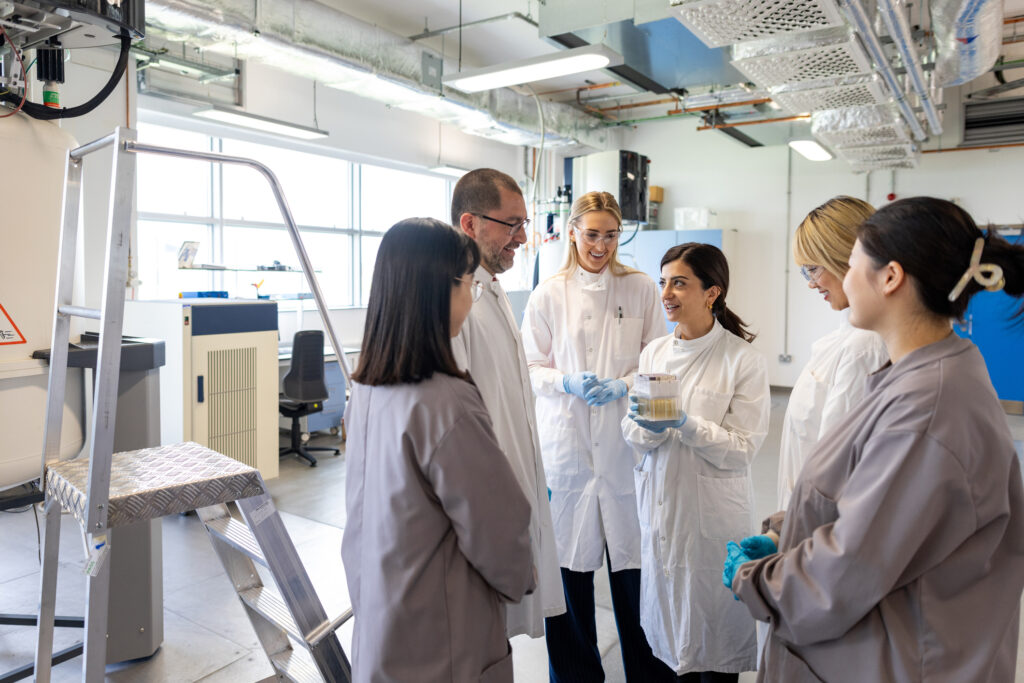In advance of the UK Government’s forthcoming Immigration White Paper, we would like to highlight the importance to the UK of an internationally competitive and flexible immigration policy for researchers and international students. It is vital for the Government’s growth mission to ensure the UK maintains its world-leading research environment. We value the support you have shown the UK’s research and development (R&D) sector and respect your role in Parliament as an important voice to draw attention to this issue.
We are pleased to see the UK Government’s support of UK R&D and the recognition of its important role in driving economic growth; be it through pioneering life sciences and clean energy technology or improving public services.
For this to be successful, attracting skilled researchers is crucial and will ensure that R&D can get the most from increased investment to drive growth. International researchers are an enormous benefit to the sector, bringing with them new knowledge and expertise that spark innovation in UK labs and upskill the UK workforce. They also open opportunities for UK institutes to form international collaborations and are vital to fill skills gaps in R&D industries that cannot be addressed by building domestic skills in the short-term.
International students are also important to the UK’s R&D strength, both by bolstering our skilled workforce and as an essential income source for UK universities – for example, representing between a fifth and a third of total income at most Russell Group universities. Reductions in international student numbers, without replacement financial support, would further threaten the financial sustainability of universities, endangering their role in driving innovation across the UK.
The UK public supports immigration into the UK’s R&D sector. CaSE public opinion research found that a majority would prefer UK universities to recruit the best talent from around the world, even if it means more immigration to the UK[1].
The UK’s immigration policy must be reformed to recognise that we are in an international competition to attract and retain global talent. We are concerned that the consequences of a more restrictive immigration policy for skilled workers and international students would pose a risk to the UK’s world-leading R&D status and university financial stability, with impacts for local economies, and the Government’s growth mission and Industrial Strategy aims.
Current policy applies high visa costs, salary thresholds and restrictions – upfront costs for researchers and international students exceed other leading science nations by 968% – 1,583%[2], in large part driven by the Immigration Health Surcharge. This puts a huge amount of pressure on incoming talent, especially early career researchers, and on UK research organisations who take on much of the cost. We are already seeing significant impacts on UK institutions – international taught postgraduate student enrolments decreased by 20% in 2024/25[3] and Cancer Research UK projected that visa costs at their research institutes would increase by 44% to nearly £700,000 a year due to the cost increases[4].
We welcome the UK Government’s ambitions to attract international talent to the UK and believe the upcoming Immigration White Paper is a collaborative opportunity for an aligned and practical new path forward to attract the best talent to the UK, building on our strengths to deliver across Government missions.
We are grateful for your consideration of this issue and would encourage you to make this case in Parliament through debates and questions in advance of and in response to the Immigration White Paper. We have included links to further relevant evidence below.
[1] Public First polling for CaSE. June 2024. Public polling commissioned
by the Russell Group also found that only 1% of voters think the
Government should prioritise reducing international student numbers.
[2] Summary of visa costs analysis (2024) | Royal Society
[3] British Universities International Liaison Association
[4] Impact of immigration system changes on CRUK research
Yours sincerely,
Authors
Campaign for Science and Engineering (CaSE)
Cancer Research UK (CRUK)
Russell Group
UK Dementia Research Institute (UKDRI)
Wellcome Sanger Institute
Supporting signatories
Alzheimer’s Research UK
The Association of the British Pharmaceutical Industry (ABPI)
Association of Medical Research Charities (AMRC)
British Ecological Society
British Heart Foundation (BHF)
British Neuroscience Association
British Pharmacological Society
The British Psychological Society
British Society for Immunology
Cardiff University (Prifysgol Caerdydd)
City St. George’s, University of London
Engineering Professors Council
Fraunhofer UK
The Geological Society
Institution of Chemical Engineers (IChemE)
John Innes Centre
The Learned Society of Wales (Cymdeithas Ddysgedig Cymru)
London School of Hygiene & Tropical Medicine (LSHTM)
National Centre for Universities and Business (NCUB)
Newcastle University
Northumbria University
The Physiological Society
The Royal Astronomical Society
Royal Society of Biology
Royal Society of Chemistry
The Royal Society of Edinburgh
University of Bradford
The University of Manchester
University of Sussex
University of Westminster
Wellcome
Zoological Society of London (ZSL)
Further evidence
International talent is crucial if the UK is to achieve its research intensity ambitions – CaSE
Public Attitudes to R&D and International Talent – CaSE
Summary of visa costs analysis (2024) | Royal Society
International students in the UK | Russell Group
Graduate Route | Russell Group; Graduate Route – What Voters Think | Russell Group
Financial sustainability of higher education providers in England: 2025 – Office for Students




